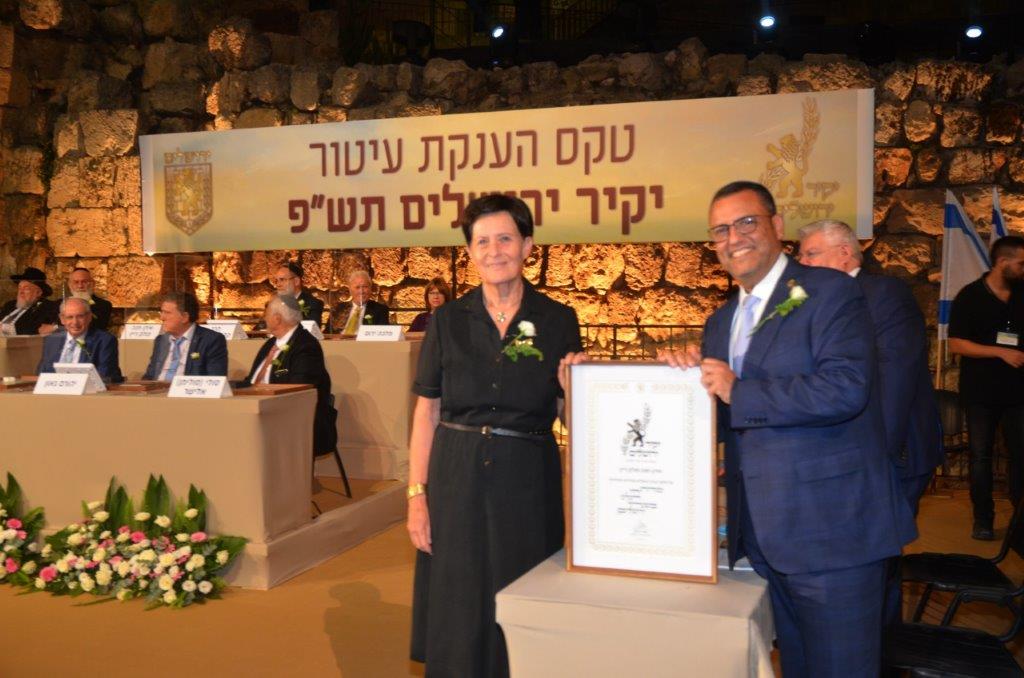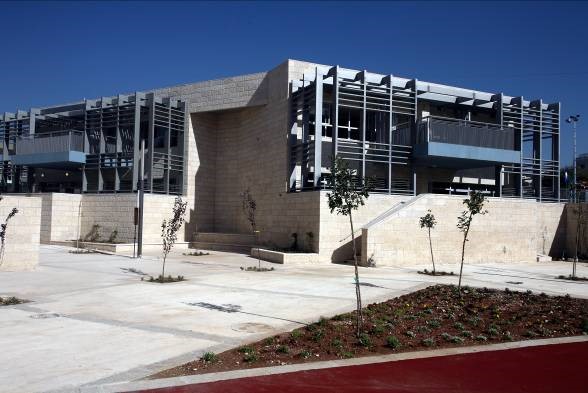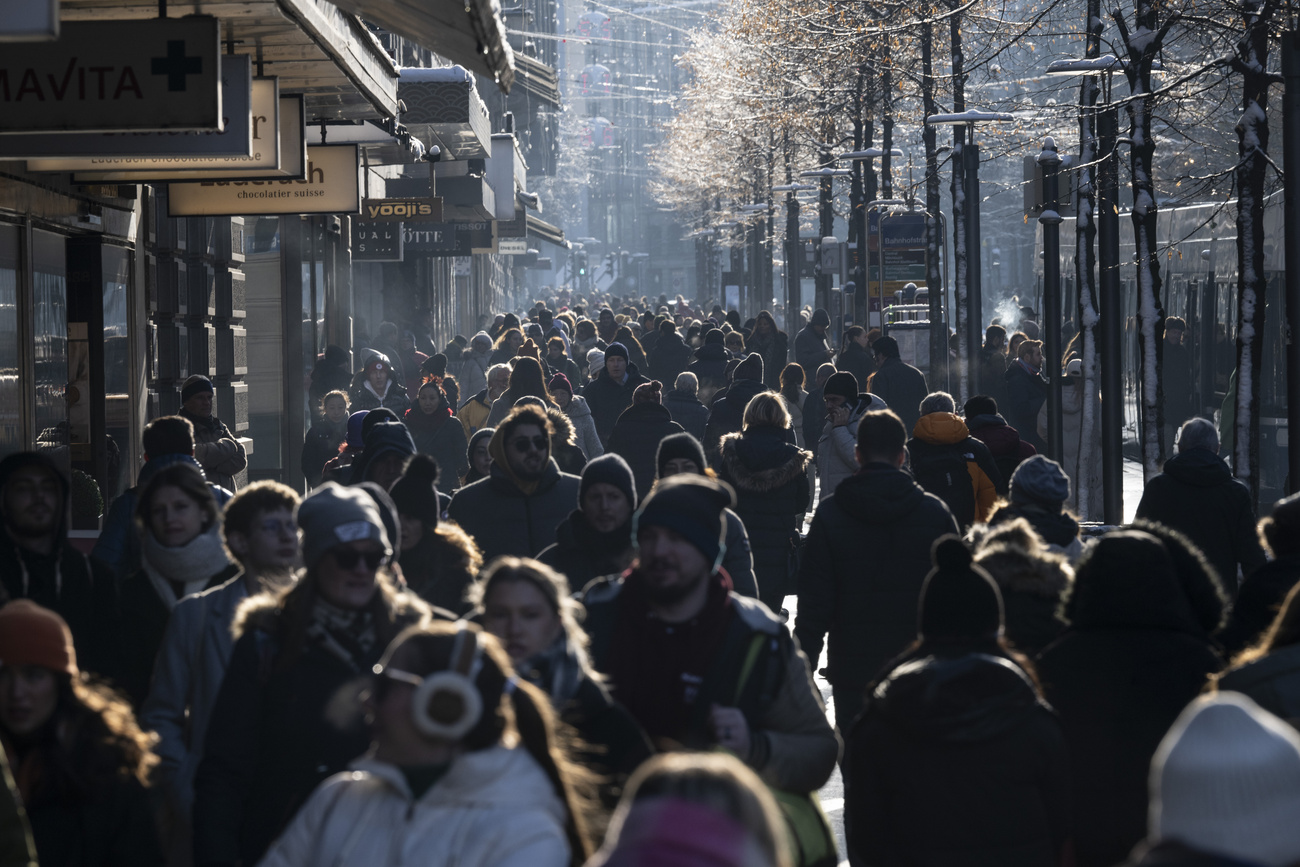
The Swiss woman uniting people in Jerusalem

Irène Pollak-Rein has been made an honorary citizen of Jerusalem for her dedication to the only school open to both Jewish and Arab children.
Pollak-Rein’s interest in the region dates back to 1967, when Israeli general Yitzchak Rabin, who had just won the Six Day War, gave a lecture in Basel. Irène, then just 17 years old, attended.
“I didn’t understand any Hebrew or what Rabin was saying. But I hung on to his every word,” she recalled. It made such an impression that two years later, as a student, she moved to Jerusalem and it became her home.
Now 70, Pollak-Rein has just been given the “Yakir Jerusalem” award, which makes her an honorary citizen of the city. It recognises her long-standing commitment to Jerusalem and its citizens: she has been fundraising among German-speaking countries for the non-governmental Jerusalem Foundation for over 20 years.
The focus of the NGO, one of the most well-known in the city, is social, educational and cultural projects. It is perhaps best known for the Hand in Hand SchoolExternal link – the only school in the world where Arab and Jewish children are taught together from kindergarten right up to their school-leaving examination.
Swissness in the classroom
Former Swiss Foreign Minister Micheline Calmy-Rey enabled the launch of the school with a donation of CHF3 million ($3.3 million) in 2003. Every classroom has a Swiss cantonal coat of arms on display, with historical information about the canton in Hebrew, Arabic and in the languages of the cantons. The coats of arms show the pupils that even a peaceful place like Switzerland did not come into being overnight.

Despite its prominence, this project is not representative of all Jerusalem, said Pollak-Rein. It is, after all, the only school of its kind, she said. But deep down the Swiss is convinced that “Jerusalem is the most tolerant city in the world”, it’s just the reputation that doesn’t live up to this.
“When you think of Jerusalem, you think of conflicts. Yet there is more diversity and democracy experienced here than any other place,” she said. You see people of all religions in Jerusalem, living alongside each other, she added.
“In Jerusalem it’s completely normal that everyone lives so close to each other. But actually, it borders on a miracle.”
Fight against poverty
But this is not enough for the historian. She wants to push the city forward and, above all, improve the education system. Jerusalem is one of the poorest cities in the country because of high unemployment among its Arab and ultra-Orthodox Jewish citizens. For the ultra-Orthodox Jews, this is due to religious reasons, as they are supported for studying religion. Among the Arab population, the fact that women often do not work means increased unemployment.
“We want to make it easier for everyone to enter the job market, without changing anyone. We have to create the right framework conditions that lead Arabs and the ultra-Orthodox population to accept our help and become part of the workforce,” said Pollak-Rein. For her, this step is essential for the future of the city.

In compliance with the JTI standards
More: SWI swissinfo.ch certified by the Journalism Trust Initiative




























Join the conversation!